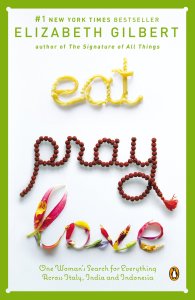I’ve finally made it through to the end of the French biography of my heroine—sentence by slow sentence. Of course now my entire concept of Claude is different and the plot is going to have to be entirely changed. And also, of course, I should have carefully read this biography before I’d crafted the plot. I’d skimmed the book, but there was a great deal I didn’t understand. Fact-based fiction can be so challenging!
But before I dive back into The Plot, I need to give some thought to the promotion workshop I’m giving in ten days, as well as the PEN lecture I’m giving shortly after. Plus two talk meets today: one with my VA (who has already done so much!), and another with a French translator about certain passages in the Bastille Archives that defy my understanding. And then, later in the day, another attempt at video conferencing in preparation for a book club meet next week. The first, last Tuesday, failed, using AIM. This time we’re going to try using Skype.
I’ve two links to post here before signing off, both having to do with creativity. The first is a fantastic TED lecture by Elizabeth Gilbert, author of Eat, Pray, Love, on creativity: click here to see it. She’s amazing.
And the second is a blog post on “how to write a book” using computer technology: click here. The discussion that follows the blog is of interest, as well, and one certainly close to my heart, since I’m continually trying to figure out how best to use certain database programs such as DevonThink and Evernote and NoteBook. Each have limitations that I find frustrating and I’ve yet to sort out. (For those of my readers who get pangs of Mac-envy, I’ve learned that the best database program for historical researchers is OneNote (for PC only, alas.)



I agree, Lucy — she’s amazing. Very inspiring.
Hi Sandra, thanks for a fantastic link. I read her book and thought it was wonderful. Her talk touched on some real points about creativity and an absolutely new way to look at things. I think I really like the Greco-Roman approach of the exterior genius…why not?